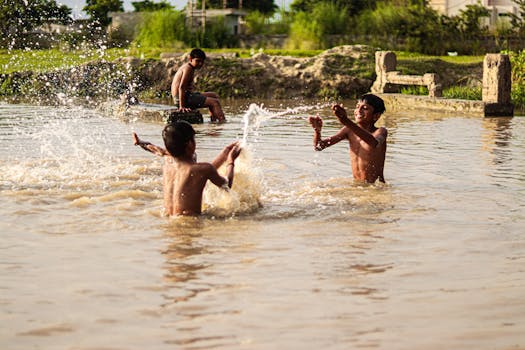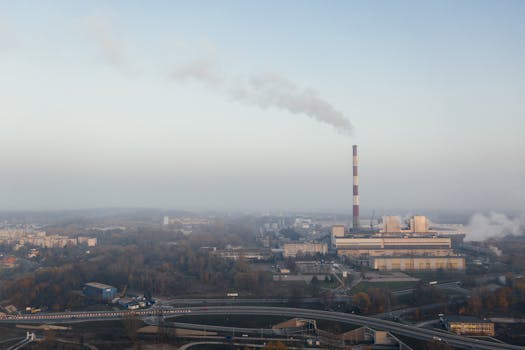
The Impact of Climate Change on Global Ecosystems – wordpress
Introduction
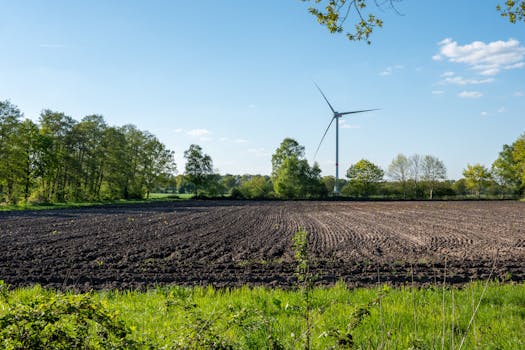
Climate Change is having a profound impact on global ecosystems, leading to rising temperatures, more frequent natural disasters, and altered species distributions. The effects of climate change are far-reaching and can be seen in every corner of the globe, from the melting of polar ice caps to the dying of coral reefs. In this article, we will explore the impact of climate change on global ecosystems and what can be done to mitigate its impacts.
Causes of Climate Change
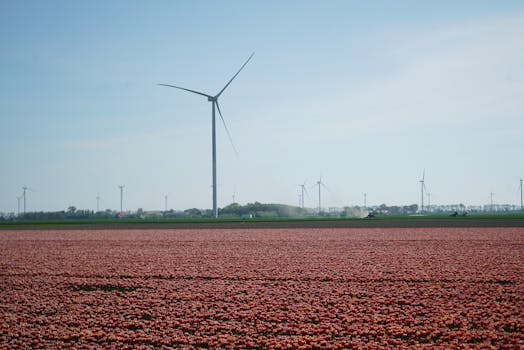
Climate change is primarily caused by human activities, such as the burning of fossil fuels, deforestation, and land-use changes. These activities release large amounts of greenhouse gases, such as carbon dioxide and methane, into the atmosphere, leading to a trapping of heat and a rise in global temperatures. Other factors, such as population growth and consumption patterns, also contribute to climate change.
Effects of Climate Change on Ecosystems

The effects of climate change on ecosystems are numerous and varied. Some of the most significant impacts include:
- Rising Sea Levels: Climate change is causing sea levels to rise, leading to coastal erosion, flooding, and saltwater intrusion into freshwater sources.
- Changes in Precipitation Patterns: Climate change is altering precipitation patterns, leading to droughts in some areas and floods in others.
- Increased Frequency of Natural Disasters: Climate change is leading to an increase in the frequency and severity of natural disasters, such as hurricanes, wildfires, and heatwaves.
- Loss of Biodiversity: Climate change is leading to a loss of biodiversity, as many species are unable to adapt to the changing environmental conditions.
Impacts on Human Societies
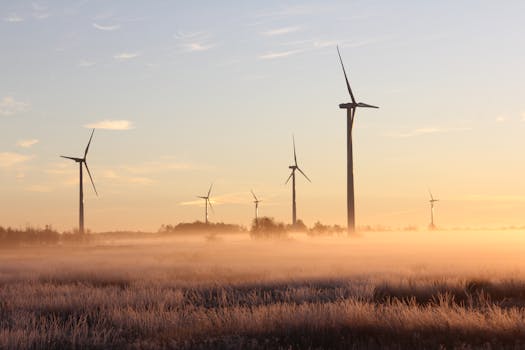
The impacts of climate change on human societies are significant and far-reaching. Some of the most significant impacts include:
- Food Insecurity: Climate change is leading to crop failures, reduced fisheries, and changed growing seasons, leading to food insecurity and malnutrition.
- Water Scarcity: Climate change is leading to changes in precipitation patterns, resulting in water scarcity and reduced access to clean water.
- Human Migration: Climate change is leading to human migration, as people are forced to flee their homes due to rising sea levels, droughts, and other climate-related disasters.
- Economic Impacts: Climate change is having significant economic impacts, from damage to infrastructure to loss of productivity and revenue.
Conclusion
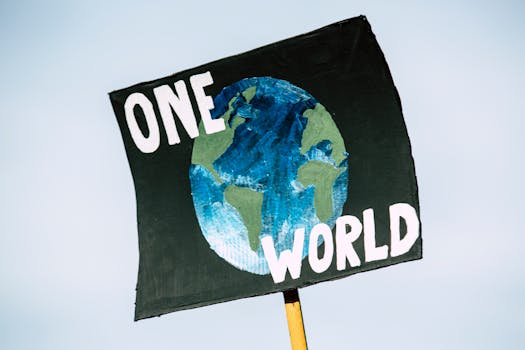
In conclusion, the impact of climate change on global ecosystems is significant and far-reaching. It is essential that we take immediate action to reduce our greenhouse gas emissions and mitigate the effects of climate change. This can be achieved through a range of strategies, including transitioning to renewable energy sources, increasing energy efficiency, and protecting and restoring natural ecosystems. By working together, we can reduce the impacts of climate change and create a more sustainable future for all.

